Content
Free Mental Health Assessment
How to Get Antidepressants Without Insurance

Depression is one of the most common mental health conditions in the country, with an estimated 21 million U.S. adults having a major depressive episode in their lifetime.
Meanwhile, over 40 million adults struggle with an anxiety disorder. The good news about these mental health conditions is that they’re treatable.
That said, only about one-third of those diagnosed receive treatment. One reason why? A lot of people don’t receive mental health treatment because they don’t have health insurance. Those who have inadequate or no coverage often encounter unattainable treatment costs.
But there are ways to get affordable prescription medications without it. That’s why we've put together a guide on how to get antidepressants without insurance.
Content
What Are Antidepressants?
Antidepressant medications are thought to work by affecting chemicals in the brain associated with major depression.
Antidepressants can also be used to treat obsessive-compulsive disorder (OCD), generalized anxiety disorder (GAD), post-traumatic stress disorder (PTSD), and sometimes chronic (long-term) pain.
In some cases, antidepressants are used to treat bipolar disorder, although they’re used conservatively due to certain risks and limited effectiveness.
The most common types of antidepressants are:
Selective serotonin reuptake inhibitors (SSRIs). SSRIs are the most commonly prescribed antidepressant. They increase the amount of serotonin available in your brain by preventing certain brain cells from reabsorbing the neurotransmitter. SSRIs generally have fewer drug interactions, safety issues, and side effects than older antidepressants. Some examples include citalopram (Celexa®), escitalopram (Lexapro®), fluoxetine (Prozac®), paroxetine (Paxil®), and sertraline (Zoloft®).
Serotonin-norepinephrine reuptake inhibitors (SNRIs). These antidepressants act on both serotonin and norepinephrine levels in the brain. Like other antidepressants, SNRIs can cause side effects. However, they tend to be mild and often disappear after several weeks of use. Examples include venlafaxine (Effexor®), duloxetine (Cymbalta®), and desvenlafaxine (Pristiq®).
Tricyclic antidepressants (TCAs). An older class of antidepressants, TCAs work by increasing certain neurotransmitters in the brain, including serotonin and norepinephrine. These antidepressants are about as equally as effective as SSRIs but are used much less often due to a higher risk of causing some side effects and drug interactions. Examples include doxepin (Silenor®) and desipramine (Norpramin®).
Monoamine oxidase inhibitors (MAOIs). MAOIs are another older class of antidepressants. They increase serotonin, norepinephrine, dopamine, and tyramine levels by blocking the enzyme monoamine oxidase, which breaks down those neurotransmitters. MAOIs are rarely used except when other medications for depression aren’t effective. Examples include isocarboxazid (Marplan®) and phenelzine (Nardil®).
Atypical antidepressants. Some medications, such as bupropion (Wellbutrin®), are referred to as atypical antidepressants because they don’t fall under the other classes of antidepressants. Though it has a different mode of action — it increases levels of dopamine and norepinephrine — research shows that bupropion has similar efficacy to other antidepressants.
Our full list of antidepressants goes into more detail on all the types of antidepressants, their side effects, and more.
Antidepressants mainly treat the symptoms of depression. If a healthcare provider or mental health professional believes taking antidepressants is right for you, they’ll prescribe one that works best for your specific conditions.
But what if you don’t have health insurance to cover the cost of antidepressants? Keep reading to learn more about how to get on antidepressants without health insurance.
Wondering how to get prescribed antidepressants for less? We’ve got you covered.
Go Generic
Choosing a generic brand of antidepressants can often help with sticker shock, since there’s often a cost difference between generic and brand-name antidepressants. On average, generic drugs cost 85 percent less than the brand version.
For example, the recommended 50 mg daily dosage of sertraline (the generic name for Zoloft®) can range from $11 to $32 for 30 tablets. However, the cost for a supply of 30 tablets of 50mg of Zoloft® (the brand name) is around $416.
Generic drugs even saved U.S. consumers $253 billion in 2017.
So, what’s the difference between generic and brand-name drugs? Generic medications are a chemical copy of the brand-name versions. They contain the same active ingredient that makes the drug work.
A major difference between generic and brand-name drugs is that the FDA gives brand manufacturers patent protection for some time. Once the patent expires, generic drugs can enter the market after meeting the same quality, safety, and effectiveness FDA standards as brands.
Not all antidepressant drugs are available as generic versions, though. Ask your healthcare provider if a brand-name or generic antidepressant is the best option for you based on your health and budget.
Explore Patient Assistant Services
Many pharmaceutical companies also offer patient assistance programs (PAPs), which may be available to patients who don’t have insurance. These programs offer financial assistance to low-income individuals for prescription drug coverage. You can ask your healthcare provider for more information, including how to apply.
The Partnership for Prescription Assistance (PPA) is another free and confidential service that helps connect those without health insurance coverage to prescription assistance programs that offer medicines for free or at low costs.
Pharmaceutical companies also offer samples of new medications to healthcare professionals and clinics.
Buy Online
Buying medication online can be another cost-effective way to treat major depression or anxiety disorders. Be sure you’re only buying from a legitimate site, as the FDA cautions against the potential risk of buying medication online.
If you order medication online, only use a licensed pharmacy with a licensed pharmacist on call to answer your questions.
Getting Help
Untreated mental health conditions can interfere with your life and negatively affect your overall mental health and well-being. Whether or not you have health insurance coverage shouldn’t affect your ability to get help, though.
While it does require little effort, there are ways to get on antidepressants without health insurance — and once you have more information, the task can feel a lot more manageable.
Here’s what to keep in mind:
Generic antidepressants contain the same active ingredient as their brand-name alternatives, but they cost significantly less.
Assistance programs (like PPA and PAP) offer financial assistance to qualifying individuals. Ask your healthcare provider for more information on how to apply.
Getting prescription medication through a trusted online service can be another cost-effective way to treat major depression or anxiety disorders. Some don’t require health insurance.
Even though insurance can feel like an extra obstacle in getting treatment, you’ve already taken the first step.
Depression is treatable, and long-term recovery is possible.
You can talk to a licensed psychiatry provider online through Hers to receive a personalized treatment plan and medication, if necessary, to help treat your depressive symptoms and take control of your mental health.
21 Sources
- Anxiety and Depression Association of America. (2022). Low-Cost Treatment. Retrieved from https://adaa.org/finding-help/treatment/low-cost-treatment
- Cascade EL, et al. (2007). Antidepressants in bipolar disorder. Retrieved from https://www.ncbi.nlm.nih.gov/pmc/articles/PMC2922360/
- Centers for Medicare & Medicaid Services. (2023). Pharmaceutical Manufacturer Patient Assistance Program Information. Retrieved from https://www.cms.gov/Medicare/Prescription-Drug-Coverage/PrescriptionDrugCovGenIn/PAPData
- Drugs.com. (n.d.). Sertraline Prices, Coupons & Patient Assistance Programs. Retrieved from https://www.drugs.com/price-guide/sertraline
- Drugs.com. (n.d.). Zoloft Prices, Coupons & Patient Assistance Programs. Retrieved from https://www.drugs.com/price-guide/zoloft
- Gupta RA, et al.(2019). Generic Drugs in the United States: Policies to Address Pricing and Competition. Retrieved from https://www.ncbi.nlm.nih.gov/pmc/articles/PMC6355356/
- Laban TA, et al. (2023). Monoamine Oxidase Inhibitors (MAOI). Retrieved from https://www.ncbi.nlm.nih.gov/books/NBK539848/
- Mental Health America. (n.d.). MAT, the Medicine Assistance Tool. Retrieved from https://screening.mhanational.org/content/mat-the-medicine-assistance-tool/
- Moraczewski JO, et al. (2023). Tricyclic Antidepressants. Retrieved from https://www.ncbi.nlm.nih.gov/books/NBK557791/
- National Alliance on Mental Illness. (2017). Anxiety Disorders. Retrieved from https://www.nami.org/About-Mental-Illness/Mental-Health-Conditions/Anxiety-Disorders
- National Health Services. (2024). Overview - Antidepressants. Retrieved from https://www.nhs.uk/mental-health/talking-therapies-medicine-treatments/medicines-and-psychiatry/antidepressants/overview/
- National Health Services. (2024). Side effects - Antidepressants. Retrieved from https://www.nhs.uk/mental-health/talking-therapies-medicine-treatments/medicines-and-psychiatry/antidepressants/side-effects/
- National Institute of Mental Health. (2023). Major Depression. (Retrieved from https://www.nimh.nih.gov/health/statistics/major-depression
- National Library of Medicine. (2023). Commonly prescribed antidepressants and how they work. Retrieved from https://magazine.medlineplus.gov/article/commonly-prescribed-antidepressants-and-how-they-work
- InformedHealth.org. (2020) Depression: How effective are antidepressants? Retrieved from https://www.ncbi.nlm.nih.gov/books/NBK361016/
- U.S. Food & Drug Administration. (n.d.). Generic Drug Facts. Retrieved from https://www.fda.gov/media/107601/download
- U.S. Food & Drug Administration. Patents and Exclusivity. (2022). FDA. Retrieved from https://www.fda.gov/media/92548/download
- U.S. Food & Drug Administration. (n.d.). Quick Tips for Buying Medicines Over the Internet. Retrieved from https://www.fda.gov/drugs/buying-using-medicine-safely/quick-tips-buying-medicines-over-internet
- Sansone RA, et al. (2014). Serotonin norepinephrine reuptake inhibitors: a pharmacological comparison. Retrieved from: https://www.ncbi.nlm.nih.gov/pmc/articles/PMC4008300/
- Sheffler ZA, et al. (2023). Antidepressants. Retrieved from https://www.ncbi.nlm.nih.gov/books/NBK538182/
- Stahl ST, et al. (2004). A Review of the Neuropharmacology of Bupropion, a Dual Norepinephrine and Dopamine Reuptake Inhibitor. Retrieved from https://www.ncbi.nlm.nih.gov/pmc/articles/PMC514842/
Editorial Standards
Hims & Hers has strict sourcing guidelines to ensure our content is accurate and current. We rely on peer-reviewed studies, academic research institutions, and medical associations. We strive to use primary sources and refrain from using tertiary references. See a mistake? Let us know at [email protected]!
This article is for informational purposes only and does not constitute medical advice. The information contained herein is not a substitute for and should never be relied upon for professional medical advice. Always talk to your doctor about the risks and benefits of any treatment. Learn more about our editorial standards here.
Daniel Z. Lieberman, MD
Education
Doctor of Medicine - New York University Grossman School of Medicine, 1992
Bachelor of Arts - St. John’s College, 1985
Training
Internship & Residency - New York University Grossman School of Medicine, 1996
Medical Licenses
District of Columbia, 1996
Maryland, 2022
Virginia, 2022
Board Certifications
American Board of Psychiatry and Neurology, Psychiatry, 1997
American Board of Psychiatry and Neurology, Addiction Psychiatry, 1998
Other Certificates & Certifications
Stanford Online, AI in Healthcare Specialization Certificate, 2025
Stanford Online, Machine Learning Specialization Certificate, 2024
Affiliations & Memberships
Specialties & Areas of Focus
Mental Health
Years of Experience
33
Previous Work Experience
Professor and Vice Chair - Department of Psychiatry and Behavioral Sciences, George Washington University, 1996–2022
Publications & Research
Title: A neurotransmitter approach to the trolley problem
Published in: OBM Neurobiology
Date: 2019
URL: https://www.lidsen.com/journals/neurobiology/neurobiology-03-02-030
Title: An automated internet application to help patients with bipolar disorder track social rhythm stabilization
Published in: Psychiatric Services
Date: 2011
URL: https://psychiatryonline.org/doi/10.1176/ps.62.11.pss6211_1267
Title: Enhancing adherence to mood charting with an online version of the NIMH Life Chart
Published in: Annals of General Psychiatry
Date: 2010
URL: https://annals-general-psychiatry.biomedcentral.com/articles/10.1186/1744-859X-9-S1-S11
Title: The role of gender in single versus married patients with bipolar disorder
Published in: Comprehensive Psychiatry
Date: 2010
URL: https://www.sciencedirect.com/science/article/abs/pii/S0010440X0900128X
Title: Evaluation of the stability and validity of participant samples recruited over the Internet
Published in: CyberPsychology and Behavior
Date: 2008
Title: Pathways to change: The effect of a Web application on treatment interest
Published in: The American Journal on Addictions
Date: 2008
URL: https://onlinelibrary.wiley.com/doi/10.1080/10550490802138525
Media Mentions & Features
Washington Post, Why do passengers freak out on airplanes? Science might have the answer.
Associated Press, MillerCoors Tapping Into Millenials
The Washington Post, Holiday drinking can be hard on your health, but you can take precautions
Le Figaro (France), Daniel Z. Lieberman: «La dopamine nous pousse à acheter en nous promettant le bonheur» (Daniel Z. Lieberman: “Dopamine drives us to buy by promising us happiness”)
Men’s Health (Spain), Cómo la dopamina influye en nuestro cerebro y determina nuestra vida (How dopamine influences our brain and determines our lives).
CNBC, The psychological reason it’s so hard to work today after the riot — and how to cope
Business Insider, The reason why we self-sabotage is because our brains are wired to resist the things we want most in life
U.S. News & World Report, How Your Secrets Can Damage and Maybe Even Kill You
Why I Practice Medicine
I practice medicine because I believe that mental health is the foundation of a meaningful life. When people suffer psychologically, it touches every part of their existence—from relationships to work to the simple ability to feel joy. Because it can be so difficult for people who are suffering to find good mental health care, my mission has been to expand access through technology, so that no one is left behind.
Hobbies & Interests
I like to write in my spare time. I’ve written two nonfiction titles, Spellbound: Modern Science, Ancient Magic, and the Hidden Potential of the Unconscious Mind and the international bestseller, The Molecule of More: How a Single Chemical in Your Brain Drives Love, Sex, and Creativity--and Will Determine the Fate of the Human Race
Professional Website or Profile
danielzlieberman.com
Related Articles
Related Conditions
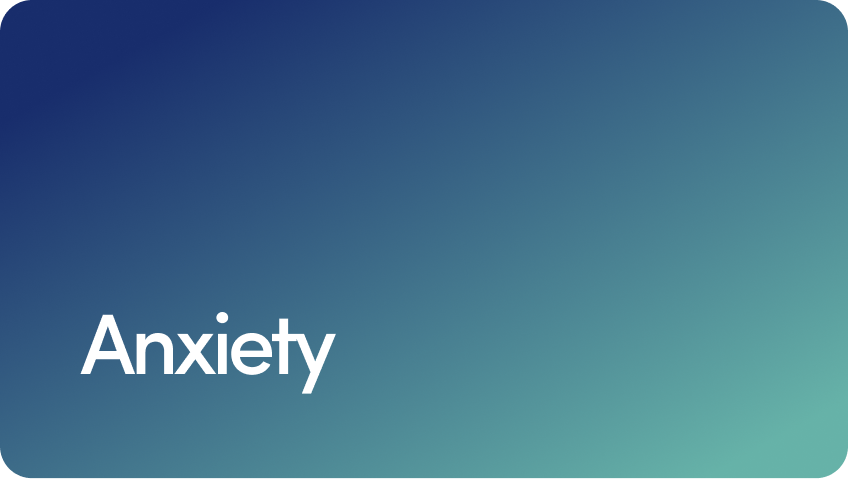 Anxiety
Anxiety
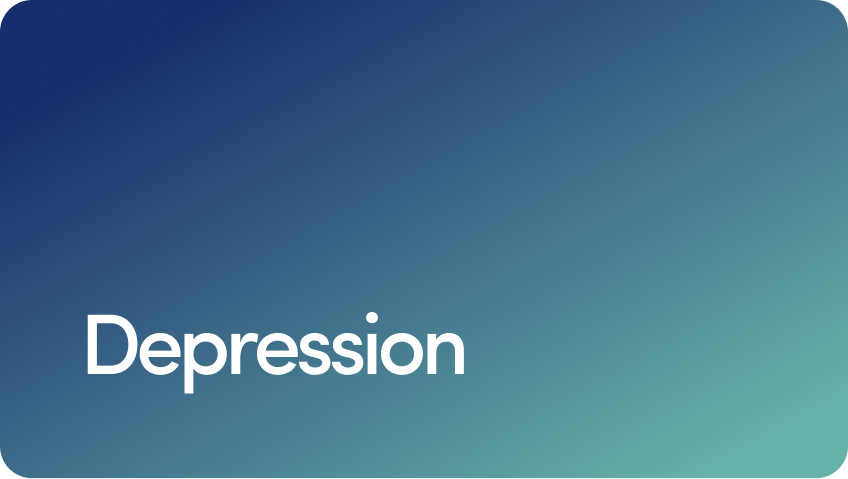 Depression
Depression
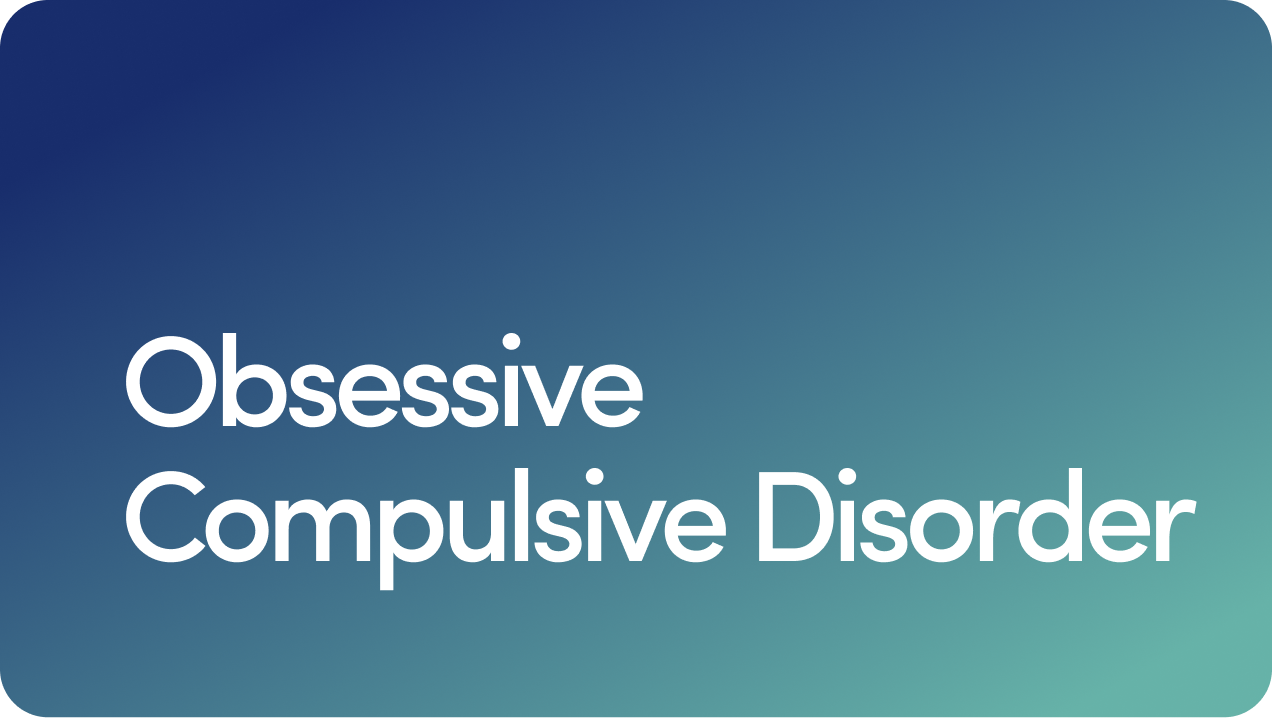 OCD
OCD
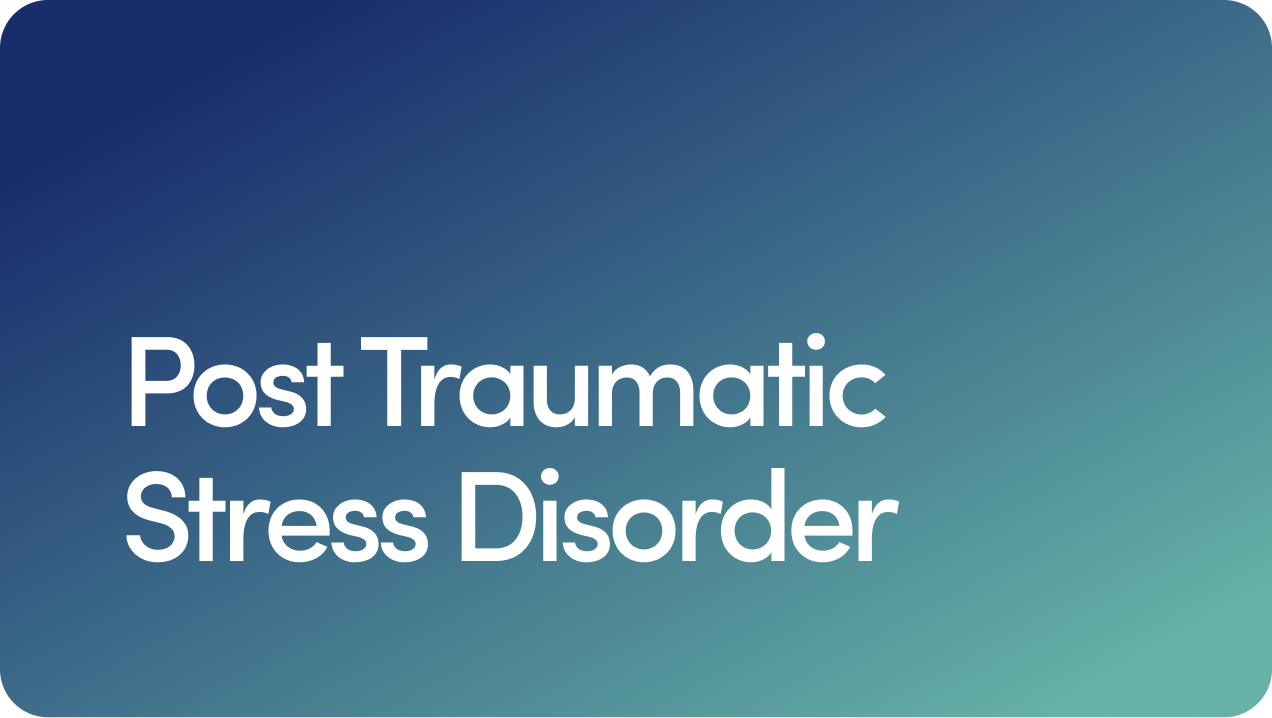 PTSD
PTSD
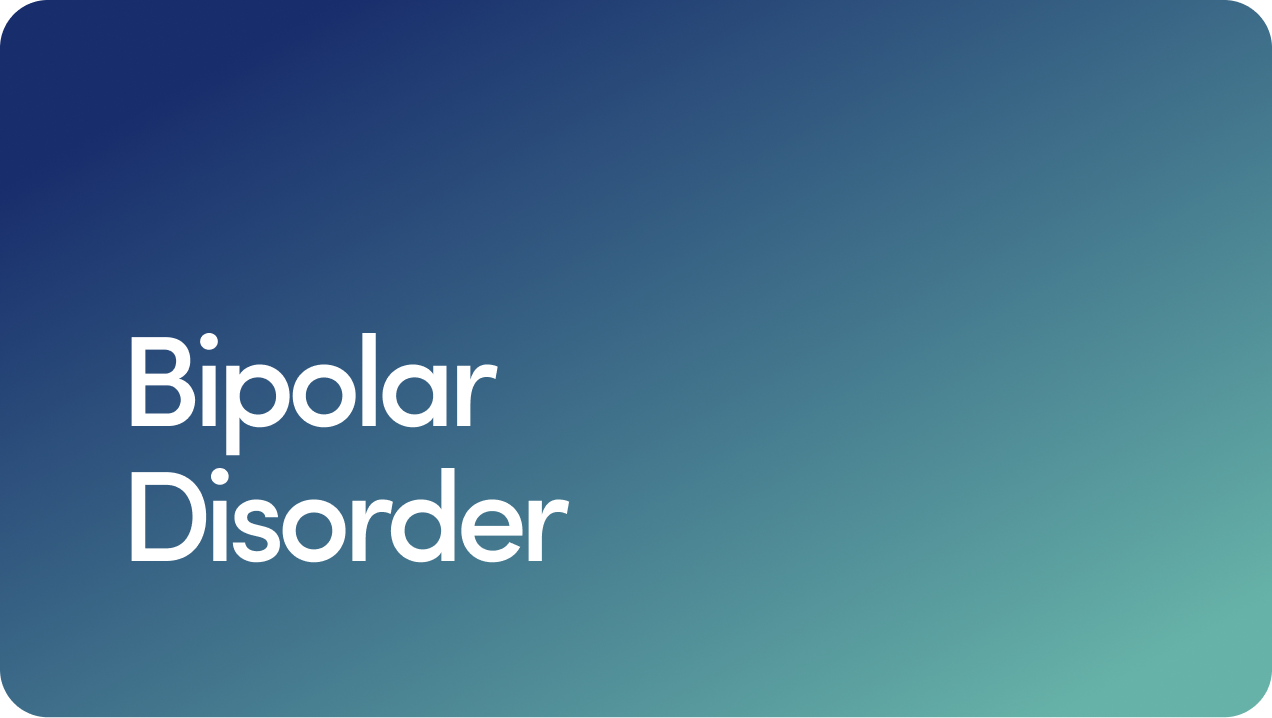 Bipolar Disorder
Bipolar Disorder
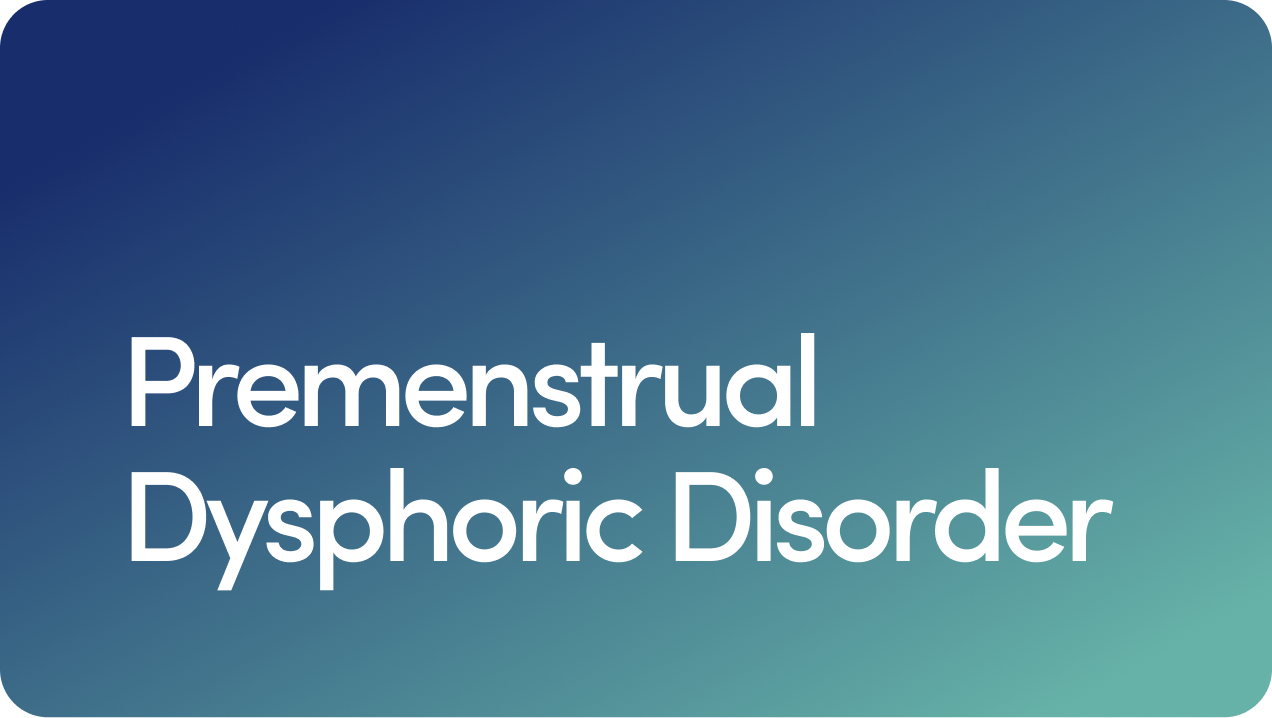 Premenstrual Dysphoric Disorder
Premenstrual Dysphoric Disorder